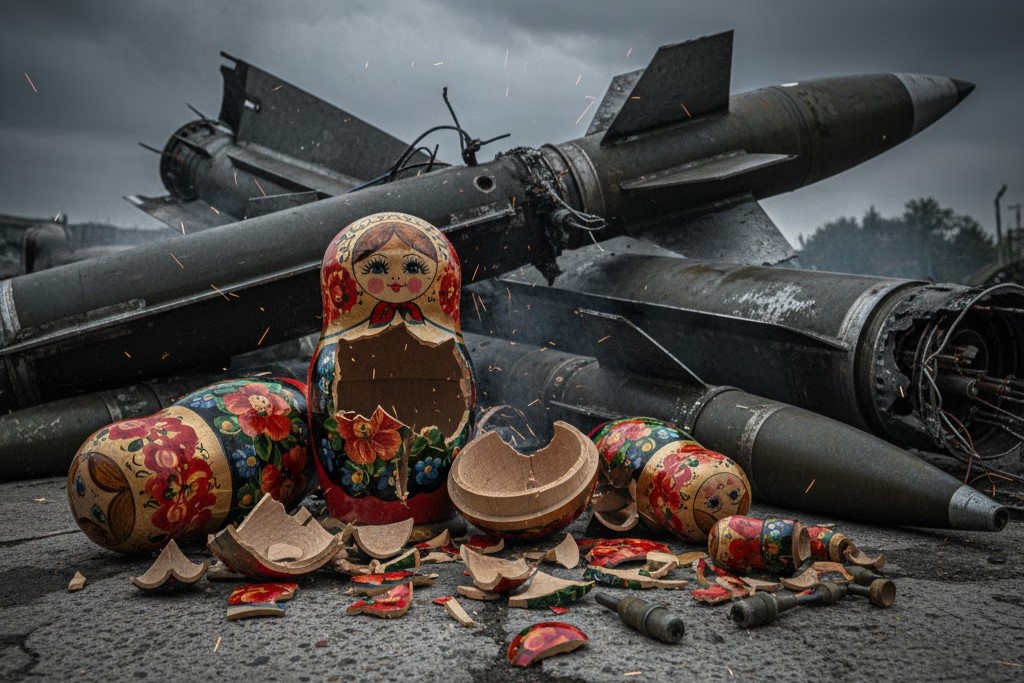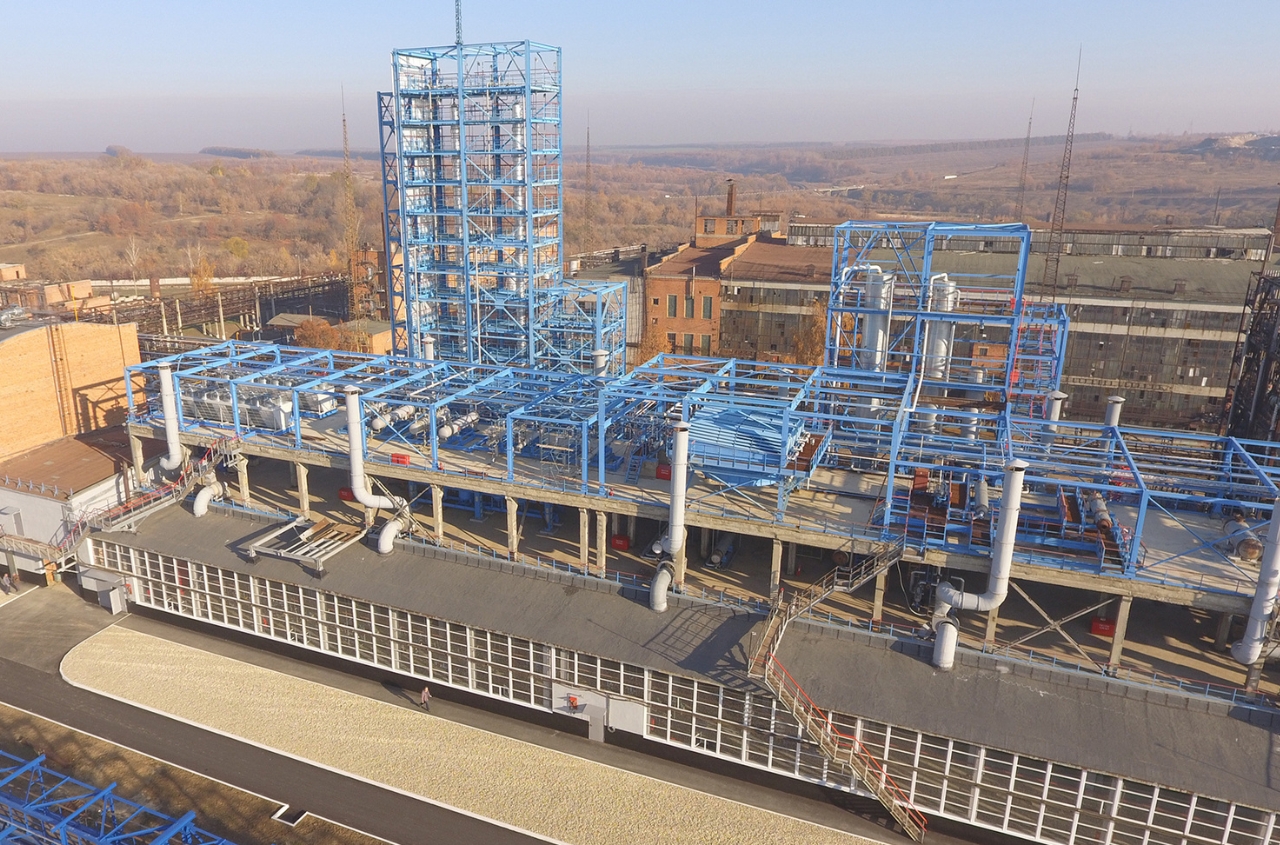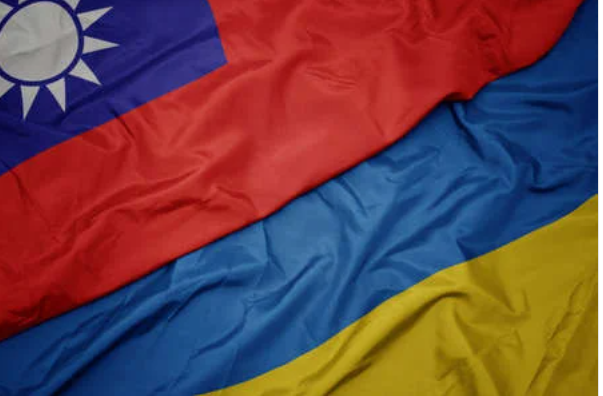Alexander Kovalenko specialy for minval.az
"The massacre on October 7 in southern Israel, named the "Al-Aqsa Flood," would not have gone unanswered by the Israel Defense Forces (IDF), as many experts had ominously predicted even then, creating the possibility of a "major war" in the region. And not without reason. Israel is virtually surrounded by unfriendly countries that, even if they do not officially express anti-Israeli policies, have terrorist organizations with significant military potential and political influence operating unofficially.
Having a small territory and an extremely disadvantageous geographical location that allows the enemy to push Israel's defenses toward the sea, any war against superior forces seems fatal for this country. However, throughout its existence, Israel has shattered this strategic dogma. But the question remains: will the ground phase of Operation "Iron Sabres" in the Gaza Strip be the cause of a new major war in the region?
In contrast to most experts who believe that it will indeed lead to a new major war, I hold a more restrained opinion. It's more likely to be a "no" than a "yes." Here's why. On October 7, Hamas, taking advantage of the element of surprise and the initial confusion of the Israel Defense Forces (IDF), managed to achieve a maximum result by delivering a painful, but not devastating blow to Israel. In general, what the Hamas sponsors in Iran aimed to achieve was accomplished. Tehran dealt a major blow to Mossad, the IDF, and Israel.
However, even after the bloodshed on October 7, the benefits for Iran have not ceased to flow. After the first Israeli airstrikes were carried out on the Gaza sector, Iran began to receive a different type of benefit – discrediting Israel in the information space with images of the bombardment of the region. Not only did they unify but they also expanded the anti-Israel coalition, catalyzing anti-Semitic sentiments in other countries.
Did the Hamas handlers from Tehran understand what awaits their Palestinian puppet? Of course, they did. They were well aware that after the massacre orchestrated by Hamas in southern Israel, a large part of their operatives would be eliminated, and the Gaza sector would be reduced to dust. However, Iran was leading Hamas and all Gaza residents like sheep to the slaughter, anticipating the before-and-after effect of mass terror, evolving from one operation to the next.
Now the question arises: why is Tehran spoiling it all?
First, the element of surprise has been lost. Any activity by Hezbollah will be curtailed, although they haven't been particularly active except for populist statements and threats. It's evident that, just like with Hamas, Hezbollah doesn't act independently without coordination with Tehran, and if they haven't demonstrated more than usual so far, don't expect any extraordinary reactions in the future. Again, their response will be strictly within the usual and expected framework.
From the territory of Syria, Iranian proxies and IRGC (Islamic Revolutionary Guard Corps​) units could potentially support an invasion of Israel, but it's unlikely they will do so. Such actions would face countermeasures that could pose a direct threat to the puppet regime of Bashar al-Assad. Furthermore, the Israeli Air Force regularly strikes airports in Damascus and Aleppo, which clearly indicates Israel's determination to take responsive action if there is a threat from Syrian territory.
Notably, there isn't excessive activity by the IRGC and the Iranian army within Iran itself. Logistics appear to be within the realm of normal operations, with no significant troop movements or significant military exercises observed. Moreover, Iran conducts far more extensive and visible troop movements and exercises along its border with Azerbaijan than is currently seen in any of its activities related to Israel.
Thus, when it comes to possible support for the Gaza Strip, opening a second or even a third front, it appears unlikely based on external indicators. There is always a level of risk, but no one is claiming absolute safety. However, any invasion of Israel right now doesn't seem to be in Iran's best interest. It would not only deprive Iran of a significant portion of Hamas's fighting force but also Hezbollah's capabilities, while risking the existence of the Bashar al-Assad regime. Iran is not likely to make such a move.
Secondly, the timeline for Israel's Operation Iron Swords is unlikely to exceed the average duration of their military and counter-terrorism operations, which have become routine. This is typically a maximum of two months.
For example, the largest Israeli operation since the Six-Day War, Operation Defensive Shield, in the West Bank lasted from March 29 to May 3, 2002. This operation did not lead to a larger regional war. Similarly, Operation Protective Edge, which took place from July 7 to August 26, 2014, and included a ground phase in the Gaza Strip, did not lead to a major war in the region.
I am quite confident that Operation Iron Swords will not take more time than an average Israeli counter-terrorism operation, and it will not lead to a major war. This is because preparing for a major war requires more thorough and prolonged planning, unlike a military operation carried out by limited forces with the aim of targeting civilian populations.
In conclusion, the specter of a major war in the Middle East will remain just that - a specter. The anti-Israel coalition simply lacks the strength to initiate a "major war" at this time. They may engage in acts of terrorism, sabotage, and covert rocket attacks against Israel, but not more than that. There is no indication of preparations for a major war within the organizations and structures that would be capable of such an endeavour.
The anti-Israel coalition will certainly vehemently accuse Israel of crimes against humanity, organize protests in European Union countries and beyond, and create an information onslaught with threats and allegations. However, this is where their actions will largely stop. The barking from the sidelines will not prevent the IDF from conducting Operation Iron Swords, just as it hasn't hindered more than fifty previous operations conducted over the past 75 years.
As for a major war in the Middle East, the most telling description of such concerns is the position of the Taliban: "We would support Hamas right now, but it's too far for us to go..."




















